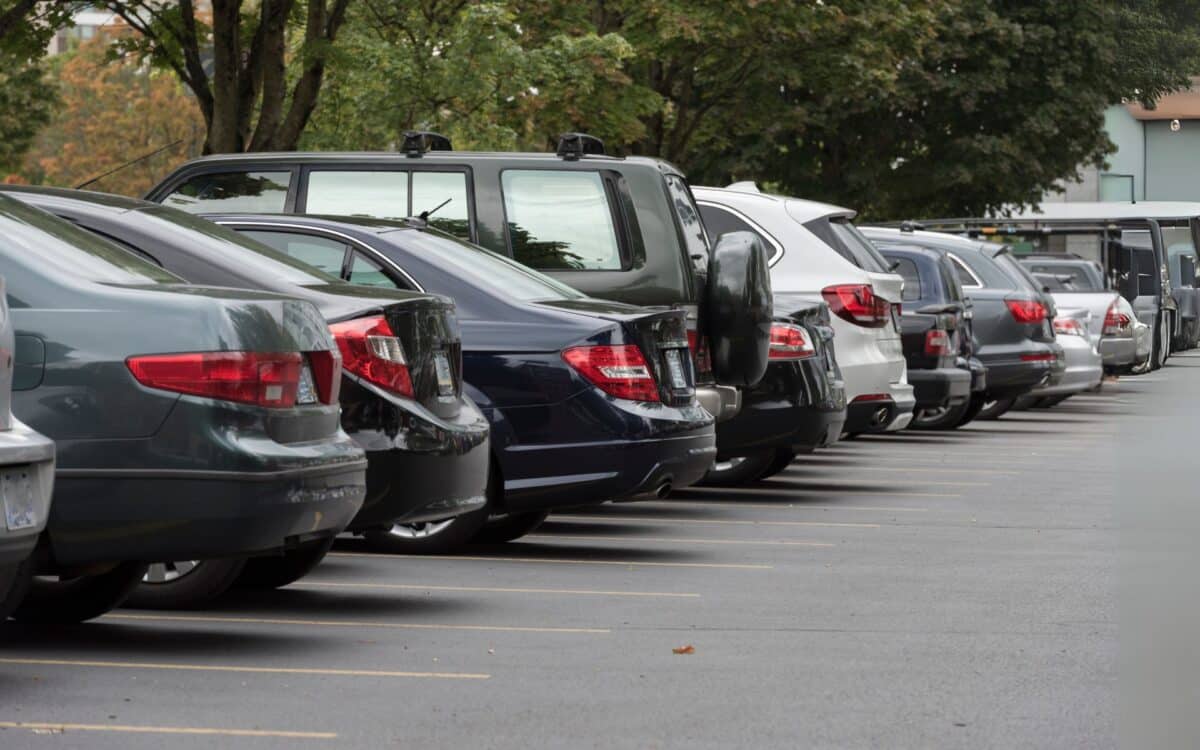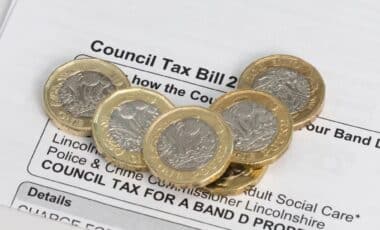Starting April 1, 2025, Vehicle Excise Duty (VED) and Car Tax rates will increase, affecting car and van owners across the UK. This change, aligned with the Retail Price Index (RPI) inflation, will introduce higher annual costs for many drivers.
According to DevonLive, the new tax structure also brings electric vehicles into the fold, ending their current exemption from road tax. This shift will have significant financial implications for a wide range of vehicle owners, particularly those with electric vans.
Increase in Vehicle Excise Duty Rates
From April 2025, VED rates will rise by £10, meaning that van owners will now be required to pay £345 per year, up from £335. This adjustment follows the RPI inflation rate, which ensures that the tax rises in accordance with the broader economic changes.
Although this increase is smaller than last year’s £15 hike, it still represents an additional cost for van owners and businesses who rely on these vehicles for daily operations.
In the first year of registration, cars will pay the lowest first-year rate, currently £10, and vans will pay the standard rate, currently £345. After that, the standard rate will be charged on the vehicle’s registration anniversary.
Currently, this is £195 for cars and £345 for vans for the tax year 2025/26, and this increases annually in line with inflation.
This adjustment, in line with inflation, will continue to affect the tax rates each year, meaning that both car and van owners should be prepared for regular Car Tax and Vehicle Excise Duty increases moving forward.
Electric Vehicles Face New Tax Obligations
In another significant change, electric vans, which have previously been exempt from VED, will now be subject to the same tax rates as their petrol and diesel counterparts starting in April 2025.
Currently, light commercial electric vehicles (EVs) benefit from a zero-VED rate, allowing businesses and individuals to operate these vehicles without the added cost of road tax. However, under the new rules, this exemption will be lifted, and electric vans will have to pay the standard VED rates.
EV specialists at Drive Electric explained: ‘Yes, electric vans will also be subject to road tax from April 2025. Currently, light commercial EVs benefit from a zero-VED rate, but they will soon be required to pay the same standard rates as other light goods vehicles.
For those using electric vans, this means businesses and individuals need to prepare for the additional cost of road tax. While electric vans still offer lower running costs when compared to petrol or diesel vehicles, the introduction of VED will add to their overall operating expenses.
Rising Number of Vans on UK Roads
The number of licensed vans on UK roads has grown significantly in recent years. As of now, there are approximately 4.6 million licensed vans, more than doubling the number seen on the roads in 1998, when the total was 2.3 million.
This surge in van numbers is expected to continue, and with the new tax changes, van owners will face rising operational costs.
The tax changes will primarily affect businesses that use vans for deliveries or other operations. While the increase may seem manageable for some, it could create a financial burden for smaller companies who rely on their fleet of vans.
The shift toward electric vans, while initially incentivized through exemptions from VED and Car Tax, will now face an additional tax cost as part of the government’s push to regulate all types of vehicles more equally.









